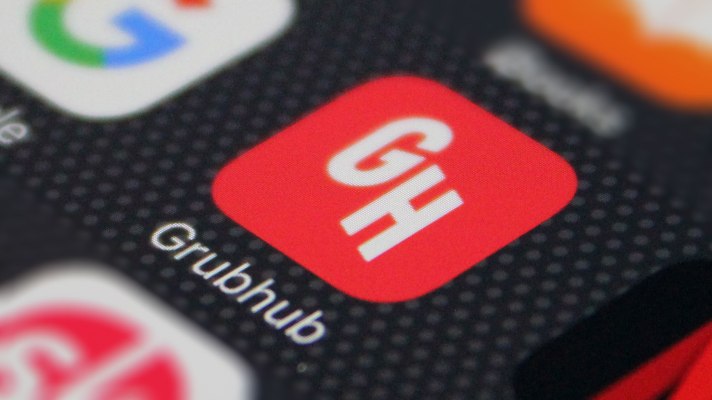Reports this morning indicate that Uber, the American ride-hailing giant with a global footprint, will lose out on its attempt to buy Grubhub, an American food ordering and delivery service. Uber competes with Grubhub domestically with its Uber Eats service; a tie-up between the two could have given Uber suffocating market share in the United States, and thus improved economics.
Losing Grubhub to European-rival Just Eat Takeaway — the Wall Street Journal broke the news — is difficult news for Uber. Its shares are off nearly 5% today after the news while Lyft, its local rival in ride-hailing, is off a more modest 2.5%.
Reports last week named two European companies as potential acquirers of the American company; the story of Uber losing out to a different company in its pursuit of Grubhub intensified this morning when CNBC reported that the ride-hailing company could drop its bid over anti-trust concerns.
Investors are less than enthused that Uber failed to close the Grubhub deal, if reports hold up.
The why is simple enough: Without Grubhub, Uber Eats is merely another money-losing food delivery service that has a long maturity cycle ahead of it before it helps lower its parent company’s unprofitability. Ride-hailing, Uber’s traditional bread-and-butter, and source of positive contribution margin, is currently recovering from pandemic-driven lows.
But without Grubhub and a greater ability to squeeze money from restaurants that more market might have afforded Uber, its near-term economics may prove slow to improve. Ride-hailing is coming back, but is still generating revenues lower than from year-ago totals.
And with Uber Eats putting up around $100 million in negative adjusted EBITDA each month, food delivery is little help to the unprofitable megacorp.
More when the deal closes, if it does today as expected.
